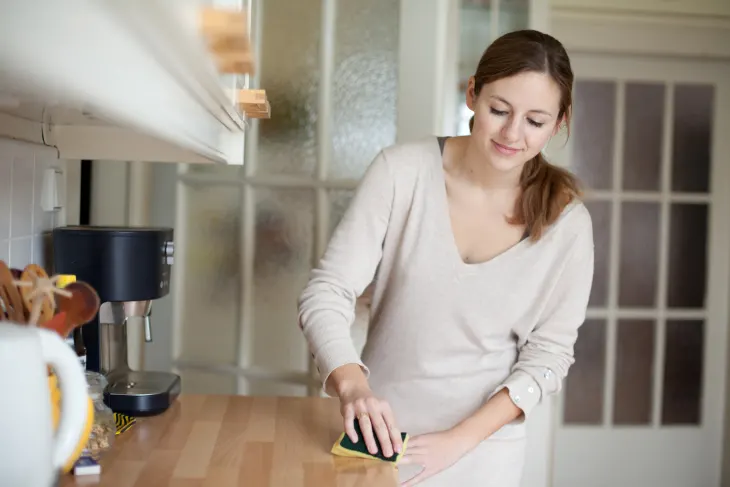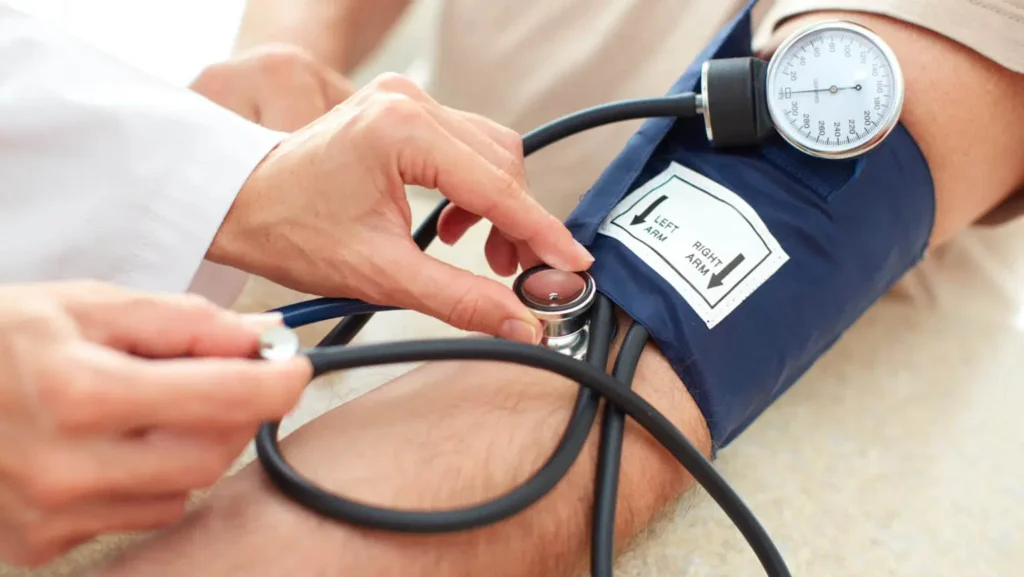Most people keep 8 things at home that should never be there.

Most people keep 8 things at home that should never be there
Our homes are supposed to be sanctuaries, places where we feel at peace and comfort. Yet, many people unknowingly keep things in their living spaces that not only take up valuable room but can also be harmful or unhealthy. Whether they’re cluttering your home or affecting your mental and physical well-being, here are 8 things that should never find their way into your home.
1. Expired Medications

While it’s tempting to keep that leftover bottle of painkillers or cold medicine “just in case,” expired medications should not be stored at home. Not only do they lose effectiveness over time, but certain medications can also become harmful after their expiration date. It’s important to safely dispose of any expired or unused medications to prevent accidental poisoning or misuse. Most pharmacies offer drug disposal programs, and local waste management authorities often provide safe disposal methods as well.
2. Old or Worn-Out Shoes
Old shoes might seem like they have a purpose, but holding onto worn-out footwear that no longer provides proper support can cause more harm than good. Not only do they contribute to clutter, but they can also lead to foot problems like blisters, calluses, and even back pain due to improper alignment. If your shoes are past their prime, it’s time to donate or recycle them. A fresh pair of shoes can give your feet much-needed support and comfort.
3. Expired Food
We’ve all been guilty of stuffing that half-eaten jar of pickles or leftover pasta at the back of the fridge, only to forget about it until it’s too late. Expired food can attract bacteria and mold, making your home an unhealthy environment. It can also contribute to unpleasant odors that linger in your kitchen. Take the time to clean out your pantry and fridge regularly, and discard anything past its expiration date or showing signs of spoilage. Not only will your kitchen be cleaner, but your meals will be safer too.
4. Old Electronics
We live in a world of rapid technological advancements, which means old electronics—such as broken phones, outdated computers, and obsolete chargers—tend to pile up. While they might not take up much room individually, they add up quickly and become clutter. Worse, many electronic devices contain harmful chemicals like lead and mercury, which can leach into the environment when disposed of improperly. Donate or recycle electronics, and avoid hoarding old gadgets that you no longer need.
5. Broken Furniture
While it can be tempting to keep broken or worn-out furniture, holding onto it can take up valuable space and make your home feel more cramped than it needs to be. A couch with a torn cushion, a chair with a wobbly leg, or a dresser with broken drawers—none of these contribute to a peaceful or aesthetically pleasing living space. If you can’t repair the item or don’t have a sentimental attachment to it, it’s better to part with it. Donate, recycle, or dispose of broken furniture responsibly.
6. Toxic Cleaning Products
Many household cleaning products contain harmful chemicals that can damage the environment and negatively affect your health. Harsh cleaners with ingredients like ammonia, bleach, and phthalates can trigger respiratory problems, skin irritation, and even long-term damage to internal organs. Consider switching to natural cleaning alternatives, such as vinegar, baking soda, or essential oils, which are safer for both your home and the planet.

7. Unused or Broken Appliances
From old toasters to malfunctioning coffee machines, unused or broken appliances serve no purpose and take up space in your home. Even if they still technically work, they might not work efficiently or could even pose a safety risk. Get rid of appliances you don’t use anymore and make room for the ones that actually serve you. If the appliance is broken, see if it can be repaired or recycle it responsibly.
8. Personal Papers and Documents You Don’t Need
It’s easy to accumulate a mountain of paperwork—old bills, bank statements, receipts, and other documents—that you no longer need. Not only do these papers create unnecessary clutter, but they also pose a security risk if they contain sensitive information. Invest in a good shredder and get rid of any old documents that are no longer necessary. Digitize important papers and store them securely online to reduce paper clutter while maintaining your privacy.
Conclusion
By removing these 8 items from your home, you’re not just decluttering your space—you’re also creating a healthier, safer, and more peaceful environment for yourself and your loved ones. A well-organized home can promote mental clarity and reduce stress, so take the time to evaluate what’s truly necessary in your space. The act of letting go can be liberating, leaving you with more room for the things that matter most.









